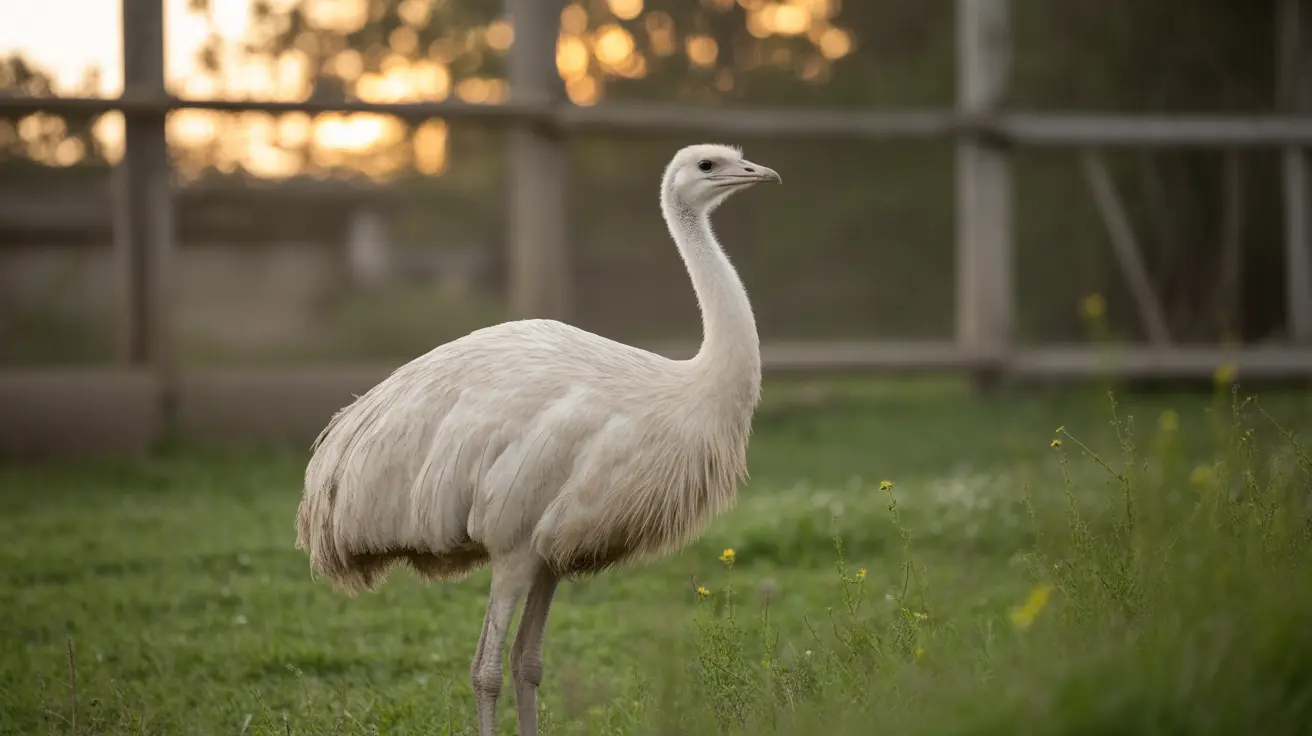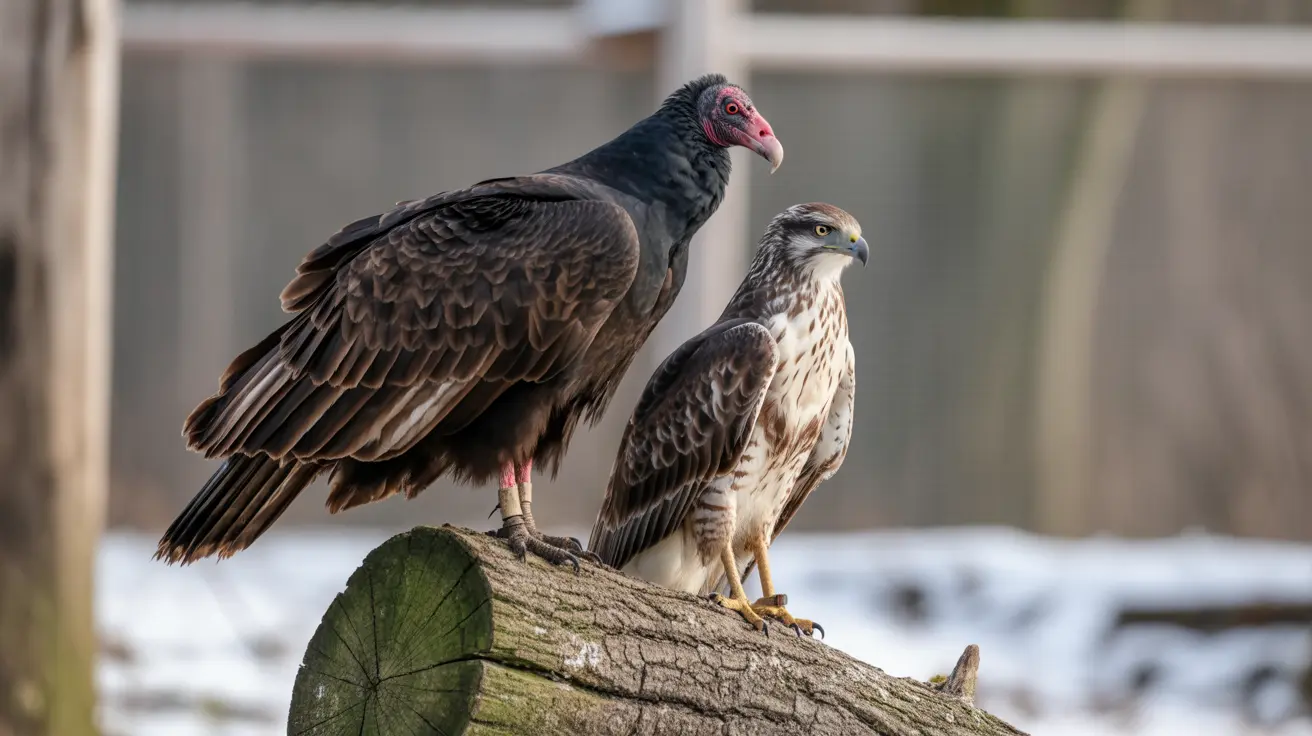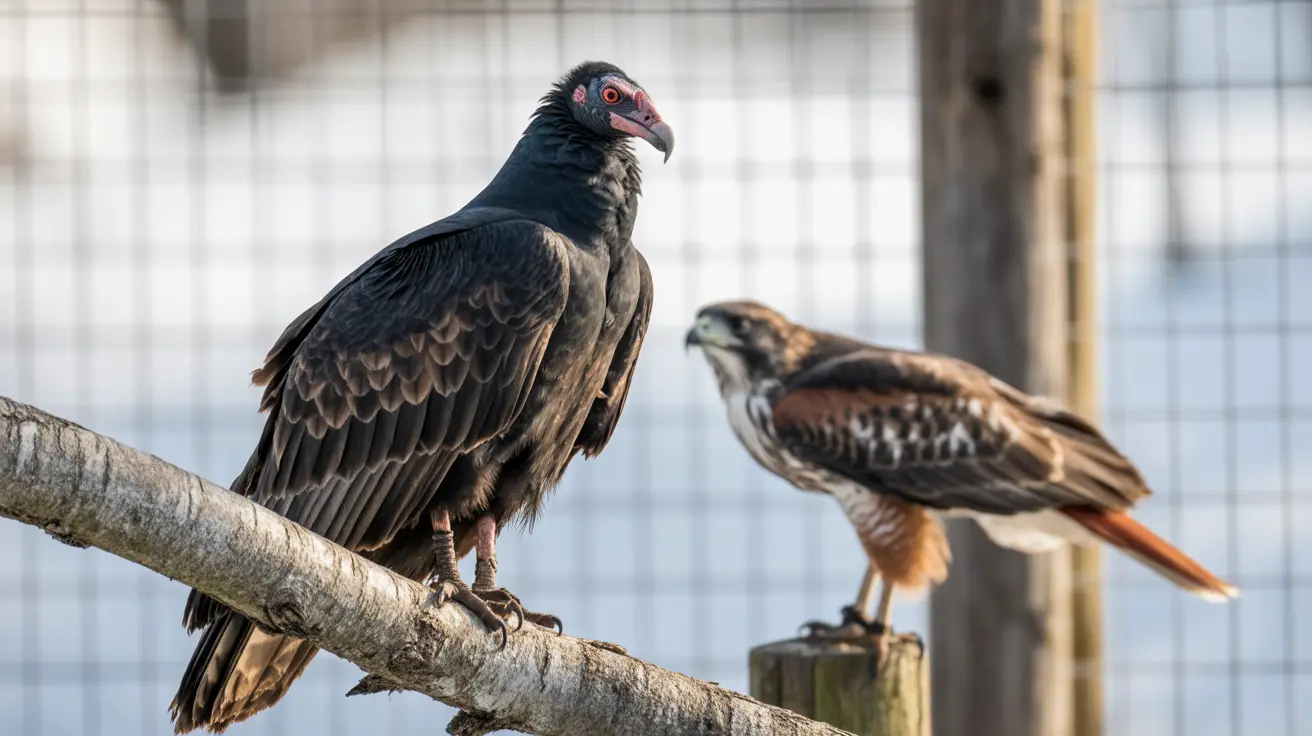How Long Do Mother Dogs Remember Their Puppies?
Understanding the memory and bonding capacity of mother dogs toward their puppies provides heartwarming insight into the emotional lives of our furry companions. Though dogs do not conceptualize familial relationships in the way humans do, research shows that maternal recognition in dogs can persist under the right conditions.
The Power of Scent in Canine Recognition
The primary mechanism by which dogs remember their offspring is through their extraordinary sense of smell. Dogs rely on olfactory markers and pheromones to identify individuals. Even after separation, a dog may recognize its mother or puppies through scent for up to two years, particularly if a strong bond formed during early development.
Studies show that:
- Puppies as young as 4 to 5.5 weeks can recognize their mother and siblings through scent.
- Dogs separated for up to two years may still prefer the scent of their mother or offspring over unfamiliar scents.
- Mother dogs show interest and familiarity when exposed to scent cues from their puppies after long separations.
The Role of Early Bonding
The length of time spent together post-birth plays a significant role in whether recognition occurs. Puppies who remain with the mother and littermates for at least 12 to 16 weeks have a stronger chance of remembering them later in life. Early weaning and rehoming reduce the likelihood of recognition due to the loss of critical sensory imprinting.
Biological and Behavioral Influences
Mother dogs are equipped with instincts and hormones like oxytocin that drive maternal care. These hormonal responses contribute to nurturing behaviors including licking, grooming, and protecting the young. This care also cements bonding and recognition post-separation.
What About Siblings?
Siblings who are separated early and do not live together or interact after adoption tend to lose recognition capacity over time. However, those who remain together or regularly interact may maintain familiarity into adulthood.
Father Dogs and Recognition
Unlike mother dogs, father dogs typically do not form specific bonds with their puppies. They do not show reliable recognition or paternal instincts. Even if they demonstrate some curiosity or affection, it is not usually linked to genetic relation.
Behavioral Signs of Recognition
Owners may observe specific behaviors when a mother dog or puppy recognizes its relative. These include:
- Prolonged sniffing of the familiar dog's scent
- Relaxed body language and tail wagging
- Initiating play or reverting to early playful behavior
- Calm or affectionate demeanor compared to meeting new dogs
Limits to Recognition
Not all dogs demonstrate lasting memory of relatives. Factors that limit recognition include:
- Duration of separation
- Lack of time spent together early in life
- Changes in environment and scent cues
- Individual variation in temperament
Despite their strong olfactory memory, dogs may behave indifferently during reunions—even with close kin—if these factors are at play.
Considerations for Pet Owners
Humans often anthropomorphize dog behavior, assuming canine understanding of family and emotional memory mirrors our own. But dogs do not perceive kinship in the same social or genetic sense. For example, a male dog may attempt to mate with his mother after a prolonged separation, indicating that their behavior is not governed by human family constructs or taboos.
Evolutionary Background
From an evolutionary standpoint, dogs came from wolves, where pack cohesion and familial roles are crucial. However, the influence of domestication, structured breeding, and early rehoming in dogs has diluted these natural familial interactions. Human involvement has unintentionally weakened the durability of canine family bonding, particularly past the puppyhood stage.
Conclusion
In summary, the ability of mother dogs to remember their puppies is rooted in scent recognition and depends heavily on early bonding and the time spent together post-birth. Here's a quick recap:
- Dogs use scent to recognize family members.
- Mother dogs may remember their puppies for up to two years after separation.
- Puppies recognize their mothers as early as four weeks old.
- Siblings are less likely to recognize one another unless they've remained together.
- Father dogs show minimal recognition or paternal behavior.
- Recognition signs include sniffing, relaxed postures, and playful interactions.
Understanding these nuances can help pet owners make informed choices about early rehoming and enrich their understanding of canine behavior. While dogs may not think in terms of family, their capacity for scent-based memory and social bonding still adds a layer of emotional depth to their interactions.





